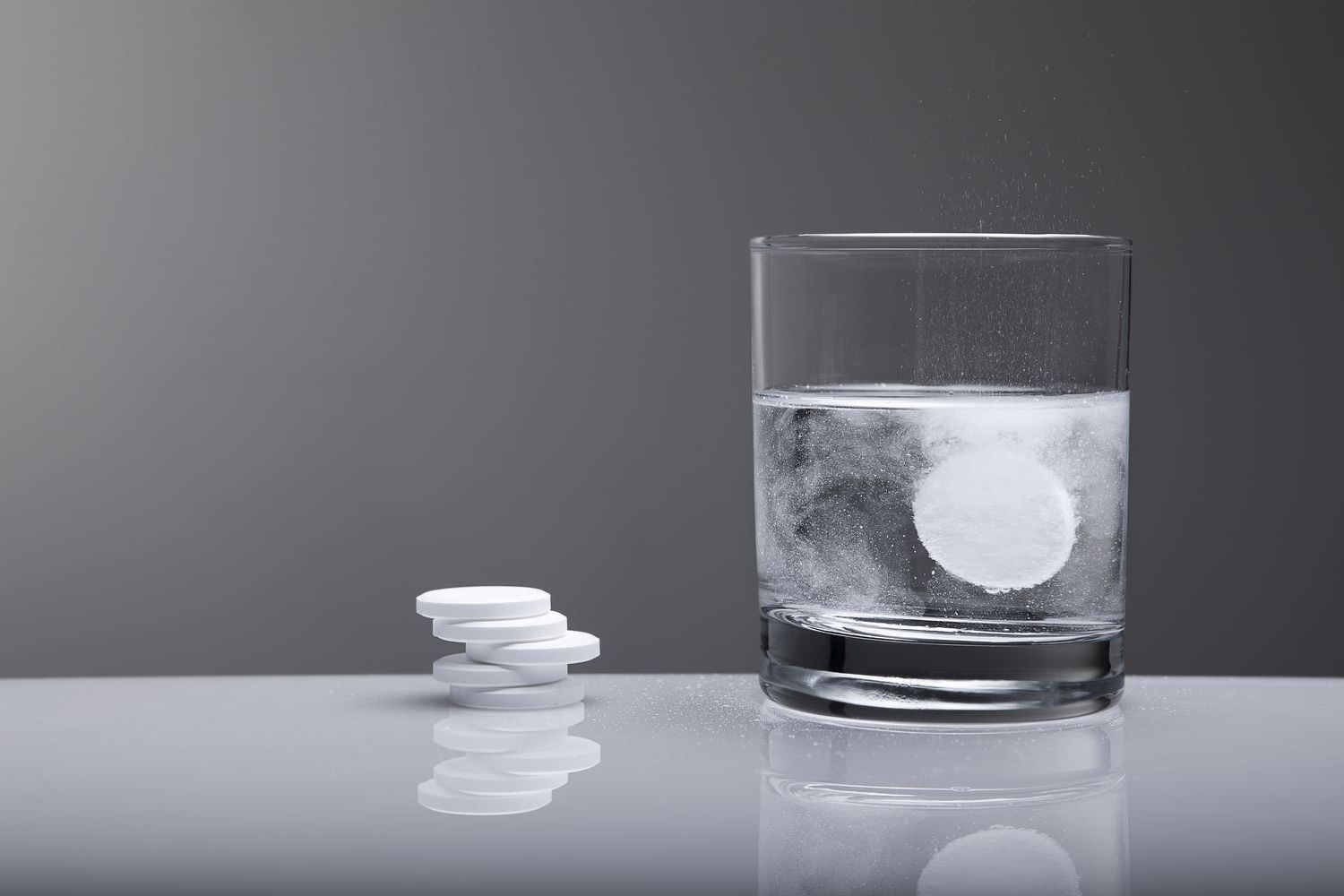Understanding the factors that influence solubility is essential for anyone studying chemistry or working in related fields. This quiz will challenge your knowledge on how temperature, pressure, and the nature of solutes and solvents affect solubility. Get ready to dive deep into the fascinating world of solubility and see how much you really know!
We recommend that you do not leave the page that you are taking this quiz in. Stay honest 🙂
Solubility Factors Quiz Questions Overview
1. Which factor generally increases the solubility of most solid solutes in water?
Decrease in temperature
Increase in temperature
Decrease in pressure
Increase in pressure
2. How does pressure affect the solubility of gases in liquids?
Pressure has no effect
Increase in pressure decreases solubility
Decrease in pressure increases solubility
Increase in pressure increases solubility
3. Which type of solute is most likely to dissolve in a polar solvent?
Nonpolar solute
Polar solute
Ionic solute
Metallic solute
4. What effect does increasing the surface area of a solute have on its solubility?
Decreases solubility
Increases solubility
No effect on solubility
Depends on the solvent
5. Which of the following is NOT a factor affecting solubility?
Temperature
Pressure
Nature of solute and solvent
Color of solute
6. What happens to the solubility of gases in water as the temperature increases?
Solubility increases
Solubility decreases
Solubility remains the same
Depends on the gas
7. Which of the following substances is most likely to be soluble in water?
Oxygen (O2)
Sodium chloride (NaCl)
Methane (CH4)
Carbon tetrachloride (CCl4)
8. How does the nature of the solvent affect the solubility of a solute?
Solubility is independent of the solvent
Solubility is higher in nonpolar solvents
Solubility is higher in solvents with similar polarity
Solubility is lower in solvents with similar polarity
9. What is the effect of adding a common ion to a solution on the solubility of a solute?
Increases solubility
Decreases solubility
No effect on solubility
Depends on the solute
10. Which of the following is true about the solubility of ionic compounds in water?
All ionic compounds are soluble in water
Most ionic compounds are insoluble in water
Solubility depends on the lattice energy and hydration energy
Solubility is independent of the compound
11. How does stirring affect the solubility of a solute?
Decreases solubility
Increases solubility
No effect on solubility
Increases the rate of dissolution but not solubility
12. Which of the following statements is true about the solubility of salts in water?
All salts are equally soluble in water
Solubility of salts in water is independent of temperature
Different salts have different solubilities in water
Salts are insoluble in water
13. What is the effect of adding a non-volatile solute to a solvent on the boiling point of the solvent?
Decreases the boiling point
Increases the boiling point
No effect on the boiling point
Depends on the solute
14. Which of the following best describes a supersaturated solution?
Contains less solute than it can hold at a given temperature
Contains more solute than it can hold at a given temperature
Contains the maximum amount of solute it can hold at a given temperature
Contains no solute
15. What is the effect of temperature on the solubility of most gases in water?
Increases with increasing temperature
Decreases with increasing temperature
Remains constant with temperature
Depends on the gas
We recommend that you do not leave the page that you are taking this quiz in. Stay honest 🙂











